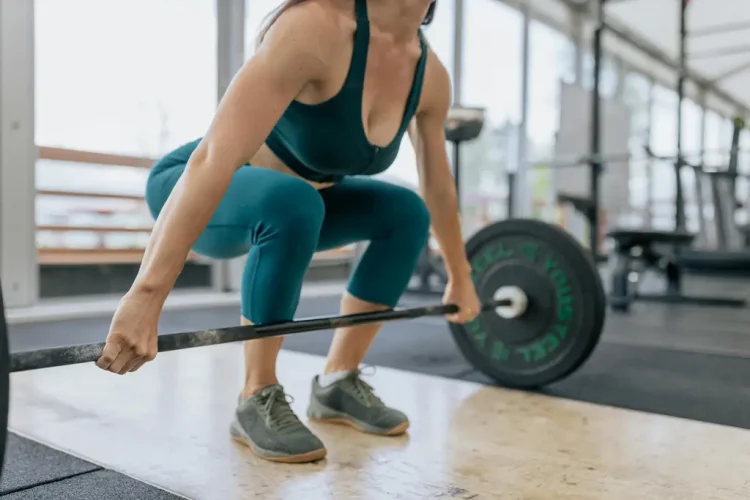Weightlifting has long been considered a male-dominated sport, with images of bulky men lifting heavy weights often overshadowing the presence of women in the field. However, in recent years, women have increasingly taken to weightlifting, challenging stereotypes and demonstrating that strength training offers benefits far beyond mere muscle mass. This article explores the rise of women in weightlifting, the benefits of this form of exercise, and the breaking down of societal barriers that have long hindered female participation.
The Rise of Women in Weightlifting
Historically, weightlifting was not a common pursuit for women due to cultural norms and misconceptions about femininity and physical strength. However, the tide has been changing. The inclusion of women’s weightlifting in the Olympics since 2000 has provided a global platform for female athletes to showcase their strength and skills. Influential women in the sport, such as Olympic champions and social media fitness influencers, have played a pivotal role in encouraging more women to embrace weightlifting.
Benefits of Weightlifting for Women
- Physical Health: Weightlifting is highly effective in building muscle mass, increasing bone density, and enhancing metabolic rate. This is particularly important for women, as it helps in preventing osteoporosis and other age-related conditions. Stronger muscles and bones lead to better overall health and reduced risk of injury.
- Mental Health: Engaging in weightlifting can significantly improve mental well-being. The sense of accomplishment from lifting weights and reaching fitness goals boosts self-esteem and confidence. Additionally, weightlifting helps in reducing stress, anxiety, and symptoms of depression through the release of endorphins, the body’s natural mood elevators.
- Functional Strength: Beyond aesthetics and mental health, weightlifting improves functional strength, making daily activities easier and enhancing overall quality of life. Whether it’s carrying groceries, playing with children, or performing other physical tasks, the strength gained from weightlifting is immensely beneficial.
- Body Composition: Weightlifting helps in reshaping the body by reducing fat and building lean muscle. This leads to a toned and defined physique, which many women find empowering and confidence-boosting.
Breaking Stereotypes and Overcoming Barriers
Despite the many benefits, women in weightlifting still face stereotypes and barriers. Common misconceptions include the fear of becoming “too bulky” or losing femininity. However, these myths are gradually being dispelled. Women naturally have lower testosterone levels than men, making it unlikely to develop large, bulky muscles without specific, intense training and diet plans.
Societal attitudes towards women in weightlifting are changing, but there is still work to be done. Increasing visibility and representation of female weightlifters in media, sports, and fitness communities can help normalize women in the sport. Providing education about the benefits of weightlifting and debunking myths can also encourage more women to take up this empowering form of exercise.
Women and weightlifting are no longer an uncommon pairing. The rise of female participation in the sport is a testament to the breaking of long-standing barriers and stereotypes. As more women embrace weightlifting, they not only build physical and mental strength but also pave the way for future generations to challenge societal norms. The journey of women in weightlifting is one of empowerment, resilience, and the celebration of strength in all its forms.











Discussion about this post